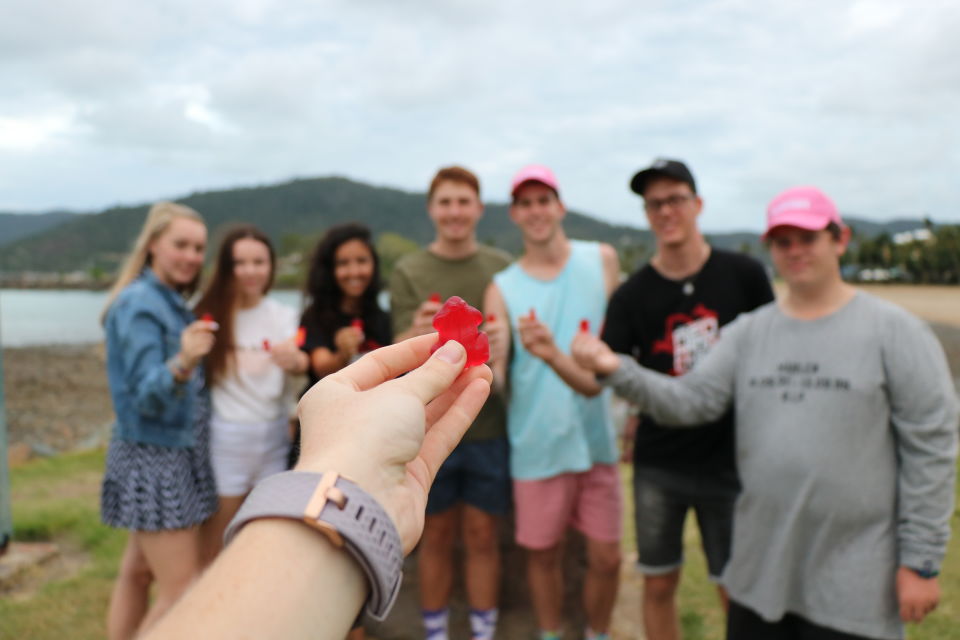For many teens, Schoolies is the first holiday they have without their parents.
With the mixture of excitement, exhaustion and emotions, some teens find themselves having conflict with their friends. How they handle this can either make or break their schoolies week celebration that they worked so hard for. Learning to manage conflict in a healthy way can help your teen have a great time away, and grow as a person.
Learning to manage conflict in a healthy way can help your teen have a great time away, and grow as a person.
#Conflict Resolution Pointers
01
Be aware of your own emotions
How’s your poker face? Having a level head during conflict can help keep things light and positive. Maintaining a calm tone of voice or a concerned facial expression, can turn a heated exchange into a meaningful one. If you feel as though negative emotions are bubbling to the surface, take a break to regroup. Sometimes all you need is time away from the situation to be able to have more control over your behaviour, identify your own defensiveness and become aware of your assumptions.
02
Respect the other person
Respecting your friend, partner, family member, colleague or peer is important when undertaking conflict resolution. As the old saying goes “treat others as you want to be treated.” This means don’t verbally or physically attack the other person, listen to understand, ask questions, communicate your feelings without placing blame, separate the person from the problem and use “I” statements when talking - instead of “you”.
03
Understand your points and goals
What’s really the issue? Understanding the root cause of the conflict is the best strategy to ensure you’re both on the same page. When communicating, ensure you are specific with what you need and what is concerning you. This ensures you are not generalising or exaggerating the situation rather, you are communicating facts to the other person. Finally, remain in the present! It is important to not bring up problems from the past as this will create further tension in the relationship.
04
Compromise is necessary
Remember, conflict is usually resolved through compromising. Through actively listening, asking questions, finding common ground and empathising with each other, a win/win solution can be achieved that makes everyone happy. However, know what you are willing to compromise on… it is okay to have some non-negotiable beliefs, just remember to communicate why you have these beliefs. Humility is key here! It is important to act graciously and remain calm if things don’t go your way. Sometimes some things are worth fighting for but other times it may not be worth damaging the relationship. Choose your battles carefully.
#Remember
If you are wanting to speak to someone about these issues call Kids Help Line on 1800 55 1800 or, in the case of an emergency where you feel unsafe, contact emergency services on 000.




